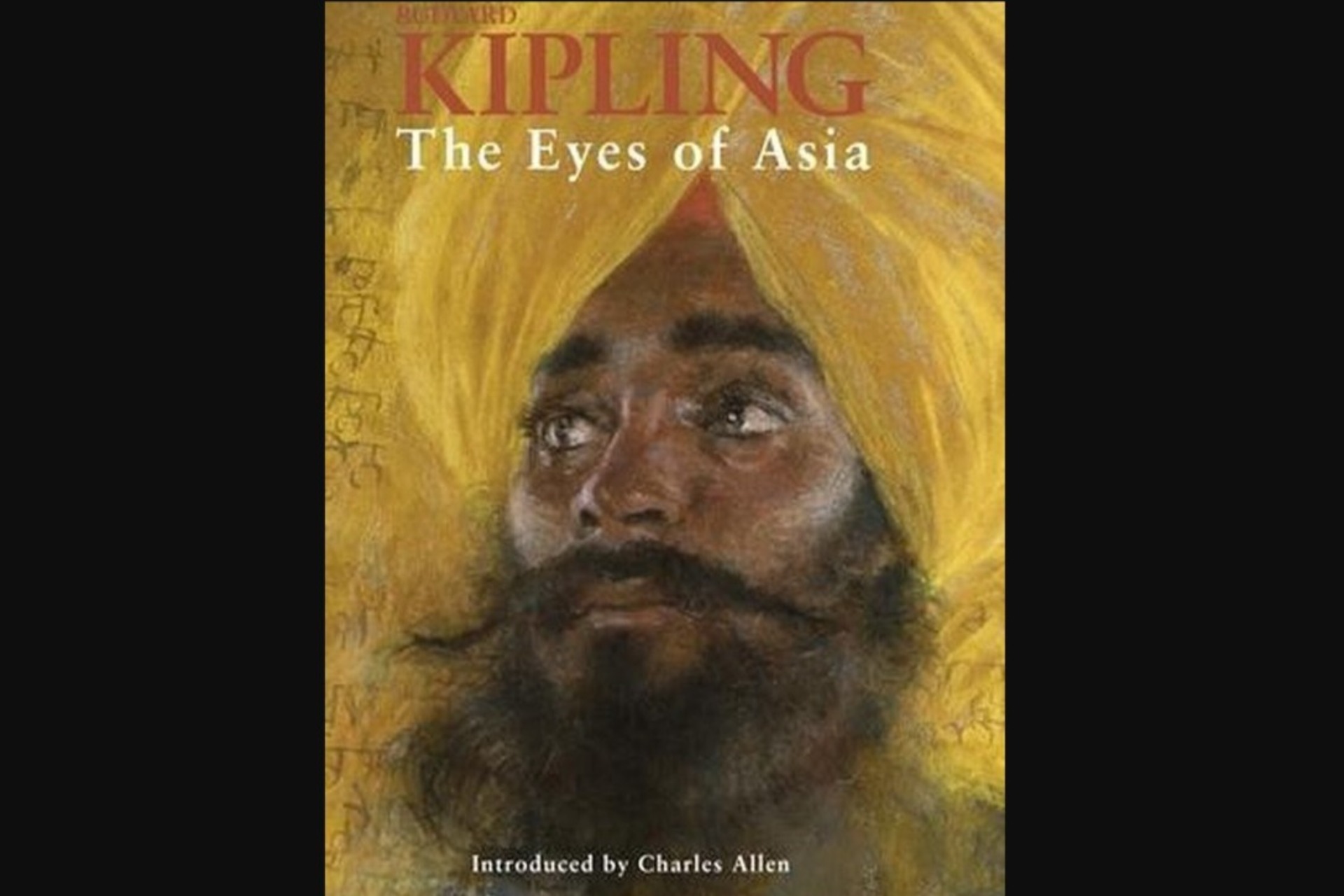“A Very Entertaining Book”: The Ventriloquism of Rudyard Kipling’s The Eyes of Asia
Zoheb Mashiur‘s article examines the ventriloquism of Indian soldiers’ voices in British literature during World War I.
Reading Rudyard Kipling’s The Eyes of Asia (1918), it is possible to identify the ways in which the testimony of Indian soldiers was appropriated and altered by Kipling to fit the needs of British wartime propaganda. The article achieves this with a comparison between passages of The Eyes of Asia and the original letters of Indian soldiers as compiled by British military censors during the war. Kipling’s changes to the content of the letters ultimately speaks to the imperial power to silence and misrepresent the colonized subaltern, and the specific anxieties of the colonizer that motivate the need to make the subaltern (seem to) speak ‘the discourse of the master’.

